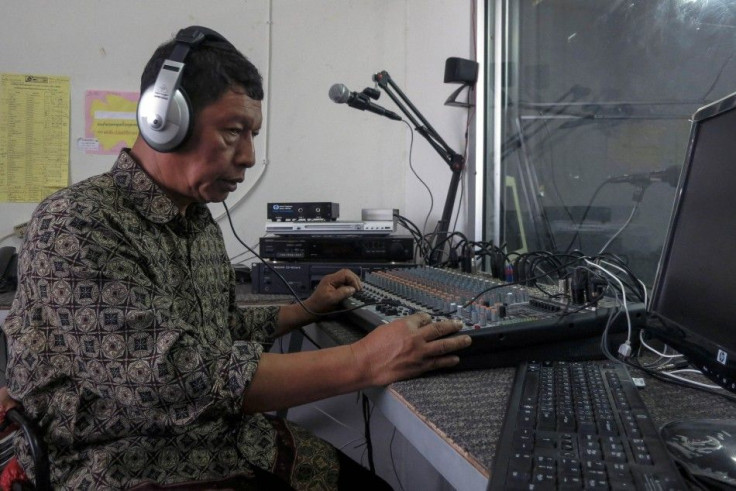Firing of WIBA AM Talk Show Host Indicator of Radio Preference for Syndicated Content Over Local Talent

The radio industry in the US is talking about the firing of 1310 WIBA/AM morning talk show host Mitch Henck. His boot not only ends Henck's 12-year stint with the radio station, but also highlights the shift of the industry toward syndicated content, leaving no room for local voices.
Henck's radio show was from 8 to 11 am. In lieu of Henck's voice, listeners will hear Shawn Prebil, a former radio personality and Henck's ex-producer, who will cover the 8:30 to 9 am slot. Before Prebil comes on board, the morning news will extend until 8:30 am. At 9 am, the station will run Dave Ramsay, a syndicated talk show host, until 11 am, The Cap Times reports.
The talk show host is not the first to be fired by the station. When it was known as WTDY/AM, the station axed in November 2012 the entire news staff and John "Sly" Sylvester, a prominent talk radio personality, as part of its shift to an all-sports format. Henck's show was apparently the last remaining local programme in the morning in Madison. The rest of the hours are filled with nationally syndicated programmes.
WIBA is Madison's oldest commercial radio stations, now known for its Badger sports broadcasts and right-wing talk radio. Capital Times founder William Evjue opened the station in 1925. In 1977, several years after Evjue's death, the station was sold to Des Moines Register and eventually resold several times. It is now owned by Clear Channel Communications, the largest radio conglomerate in the US with more than 1,200 local stations.
The shift to syndicated content is part of the strategy that radio stations have taken to survive the competition from new media.
Ex-Austereo Network CEO and current Marchmedia Managing Director Brad March said in an article in Radio Today that while radio will continue to have competition from other delivery platforms and innovations such as Apple's dashboard CarPlay, the deciding factor for the radio listener would still be the content behind the apps.
Radio programming, he continued, would remain a mixture of art and science, combining creativity, research, strategy and entertainment. The country's radio industry, though, is marked by a battle of business models, specifically advertising versus subscription.
March foresees new delivery platforms, like those offered by Audioboom Group PLC (LSE: BOOM.L), will continue to grow and compete not only with other radio stations, but also millions of mobile phone devices.
Audioboom, which offers a Software as a Service platform that allows straightforward upload or download of content, has positioned itself as the global leader in spoken audio content, or the audio equivalent of the YouTube, the most popular video sharing site.
The London-based publicly listed company is the provider of social media platform for audio producers to record either live or from the studio, upload and share audio by syndication and social media sites such as Twitter and Facebook.
At present, Audioboom has about 2,000 content channels from the initial 19 channels during the platform's launch in March 2013, said Rob Proctor, company CEO. Audioboom currently has 2.5 million registered users and 12 to13 million monthly active users across platforms.
Audioboom's global major partners, which uses its apps, embeds and custom publisher solutions, include BBC, Sky Sports, Bauer, Absolute Radio, The Guardian, Universal, Aljazeera, Polydor, The Telegraph and Oxfam.
Henck's voice may be absent over Madison's airwaves, but with the technology offered by Audioboom, it need not be silenced because technology available that would enable him to continue sharing his views on different topics not only to Madison residents, but to a much wider audience base.





















